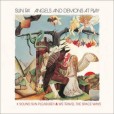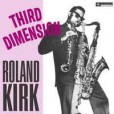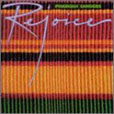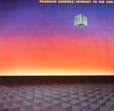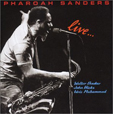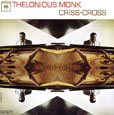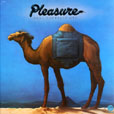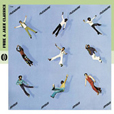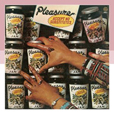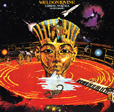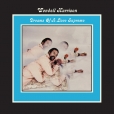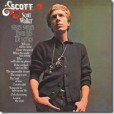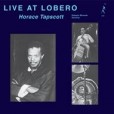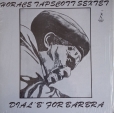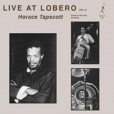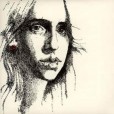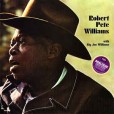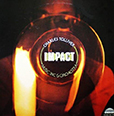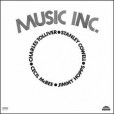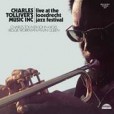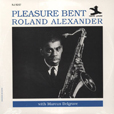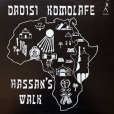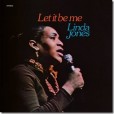Your basket is empty

Raw, blue, and sensational, with Kirk playing the tenor sax, manzello, and stritch simultaneously. Originally released by King in 1956, entitled Triple Threat.
Terrific 1963 date with Charlie Rouse, John Ore and Frankie Dunlop.
Originals and standards; nothing Monk hadn’t recorded before. Bubbling, chewy versions of Hackensack and Rhythm-A-Ning; a fabulous, seven-minute, solo Don’t Blame Me.
As Baroness Nica notes poshly on the sleeve, ‘this is the happiest of albums, leaving one with an extraordinary feeling of elation.’
Bouncy Lady! The first of their six Fantasy albums via Wayne Henderson’s At Home Productions. Tasty jazz-funk and soul from the Portland crew.
More lovely funk, Latin jazz and soul, bridging the Dust Yourself Off and Joyous albums. Kicks off with a bumping collaboration with Wayne Henderson and Side Effect, much sampled — and features Ghettos Of The Mind.
His ambitious 1974 breakthrough as leader, superbly mixing funk and jazz improvisation on a major-label recording budget, with strong political and spiritual themes, even a nod to the Duke.
Titles inspired by Johnny Griffin’s sojourn in Pentonville nick (for outstanding income tax) at the start of a Ronnie Scott’s stint earlier in the year. With clarinettist Tony Coe on song; Sahib Shihab and co.
With bassist Roberto Miranda and drummer Sonship in 1981.
Featuring a tremendous, side-long reading of Dark Tree.
Her third Columbia, from 1970.
With Muscle Shoals crew on side one — Roger Hawkins, Eddie Hinton, Barry Beckett and co — and a lineup convening the Armenian oud-plyer Ashod Garabedian, Duane Allman and Alice Coltrane, on side two.
‘I love my country as it dies in war and pain before my eyes. I walk the streets where disrespect has been. The sins of politics, the politics of sin, the heartlessness that darkens my soul… on Christmas.’
Terrific big band music from 1970. What a lineup— built around a core of Tolliver, Stanley Cowell, Cecil McBee and Jimmy Hopps, but also featuring all-time greats like Clifford Jordan, Jimmy Heath and Curtis Fuller.
Hard bop from 1961: a quintet including Marcus ‘Gemini’ Belgrave, Ronnie ‘Doin The Thang’ Mathews, and Gene Hunt, from Horace Silver’s band.
